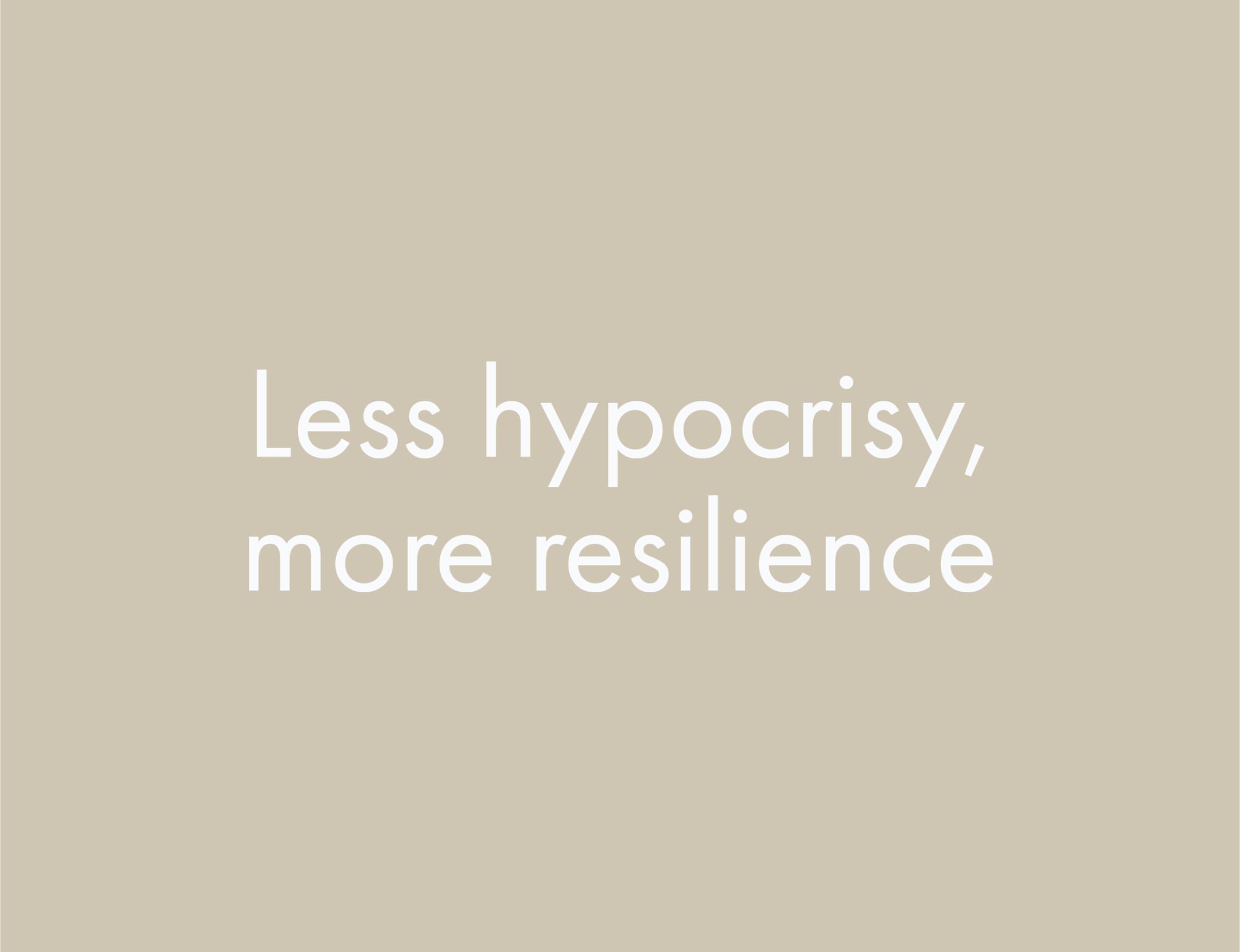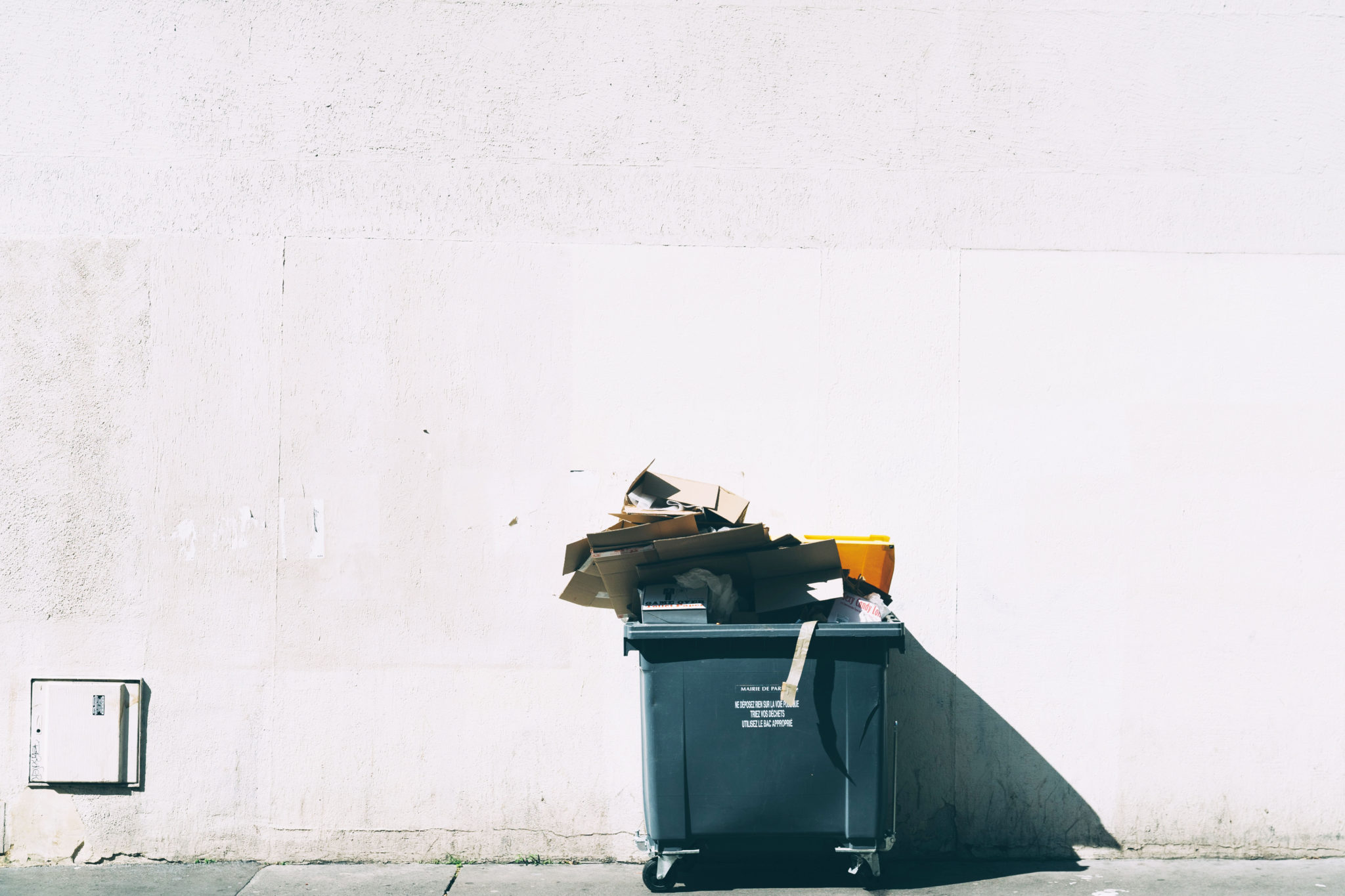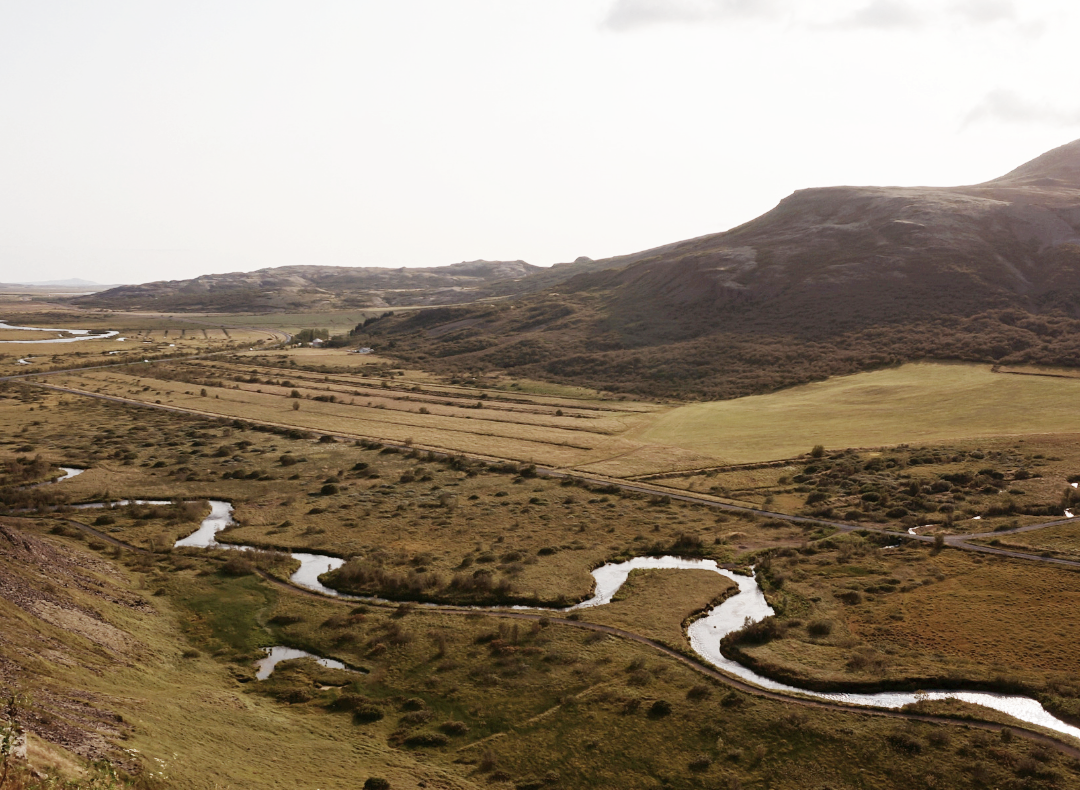Marta Ortega will take control of Inditex starting next April. After 17 years as president of the group, Pablo Isla will hand over control to the youngest daughter of businessman Amancio Ortega. A generational replacement that has taken place earlier than planned and that happens just at the moment in which the textile giant begins to recover from the devastation of the pandemic and when two great challenges are imposed on the group,the commitment to sustainability and digital transformation. Challenges with which Marta Ortega’s leadership could become an opportunity to modify the old work systems and address a structural change that spreads to the rest of the fast fashion industry.
Marta Ortega’s leadership could become an opportunity to modify the old work systems and address a structural change that spreads to the rest of the fast fashion industry.
Inditex’s success is based on its vertical integration model. An organization system that allows the company to supply the market quickly and at affordable costs thanks to the unification of several production processes within the same company: design, manufacturing, logistics and distribution in its own stores. This system has allowed Inditex to increase its power by taking advantage of economies of scale, eliminating transaction costs and developing differentiation strategies. A business management model that nevertheless has led to the relocation of the textile industry with the resulting decline of environmental and social conditions. Since the group’s constitution in 1979, Inditex hasn’t stopped growing. Its invoicing in 2019 reached more than 28.200 million euros and although its benefits were reduced by almost 70% during 2020, in the first quarter of 2021, the company managed to earn 5% more than it had achieved in the run-up to the pandemic.
But, what are the keys to Inditex’s business management?
- Trend detection: a large group of experts distributed globally track emerging trends in the most avant-garde environments, competitor collections, showrooms and fashion shows.
- Constant stock renewal: every 3 days new garments arrive at the stores. If a design isn’t out of stock within a week, it’s retired and its manufacture is canceled. This strategy is also a way to increase the frequency of store visits.
- Good value for money: the “target pricing” method sets the price of garments based on what customers are willing to pay. Assessing whether production costs and margins allow reaching the target price.
- Process integration: the company integrates its suppliers. Production takes place within the factories that the company owns or in external outsourced workshops that aren’t allowed to negotiate with companies outside the Inditex group. The distribution and sales are made in their own stores, without intermediaries, getting as close to the final consumer as possible.
- Strategic points of sale: physical stores are located in important places and each person in charge works as a general manager. The weight of the online channel has been strengthened over the last year, developing strategies such as the “store mode” that allows consumers to browse the store they want, make an online purchase and collect their order in 30 minutes.
What does Inditex commitment to sustainability and digital transformation mean?
“I have always said that I would dedicate my life to developing the legacy of my parents, looking to the future, but learning from the past and at the service of the company, our shareholders and our clients, in the place where it’s considered that I am most needed”, Marta Ortega said after the announcement of her appointment. Her declaration of being where the company needs her passes through the culmination of Inditex’s digital transformation strategy that began a decade ago, and the commitment to sustainability that the group has been developing since the creation of its transversal Join Life label in which Inditex groups garments produced under sustainable standards.
I feel deeply honored and committed by the trust that has been placed in me and greatly excited about the future that we are all going to undertake
Marta Ortega
The group’s digitization plan has been marked during the last year by the reduction of the retail network and its objective is the total integration of the physical and online store through its own platform, Inditex Open Platform (IOP). A single stock model that has allowed lower inventories to respond to customer demands and is expected to achieve full integration of the physical and online world by the end of this year. In this way, Marta Ortega will be responsible for starting the next stage in order to face online textile competitors such as Alibaba, Zalando, Privalia or Shein.
“I would like to be close to the product. I think that’s what my father always did” Marta Ortega’s words for the Wall Street Journal lead us to wonder what her approach will be to develop a sustainability plan that allows Inditex to take responsibility for the environmental, social and economic consequences caused during decades of activity as a pioneer company in fast fashion. The goals set by Isla for the coming years in terms of sustainability range from the use of 100% renewable energy to the achievement of net zero emissions. All of them, purposes that fit the deadline set by the Fashion Pact. An initiative promoted during 2019 by the President of France to drive environmental sustainability in the textile sector. Large companies with the power to cause a systemic change in the fashion industry, including Inditex, joined this statement of intent, which doesn’t include sanctions or binding regulatory measures.
“It’s not about one person doing a good job. We are a team”. The presidency of Marta Ortega will be supported by the work of the Chief Executive Officer Óscar García Maceiras. The person who held this position until now, Carlos Crespo, will become Managing Director of Operations, Sustainable and Digital Transformation. The team has declared that they will maintain a continuity model in the management of Inditex.
With great power comes great responsibility
This new era marked by online transformation and the search for a more sustainable model brings up complex challenges that propose a paradigm shift in the fast-fashion segment:
- Will Inditex’s continuity model be able to adapt to the new challenges?
- Is it possible to achieve the objectives set while maintaining an annual production volume of about 400.000 tons of garments?
- Is the addition of new weekly references compatible with a sustainable consumption model?
- Will the increase of raw materials sustainably sourced affect the cost of the product?
- Will pricing based on what customers are willing to pay still be possible?
- Will Inditex’s presence in the sustainable segment blow up the prices of smaller brands?
- Will the ability to respond to consumer demands continue to be so immediate?
- Will the rise in online commerce have an impact on the increase in the return of products and therefore the effects caused by transport?
The textile group that gave rise to the concept of fast fashion is now faced with the possibility of triggering a change that spreads to the rest of the fast-fashion brands.
With great power comes great responsibility, the textile group that gave rise to the concept of fast fashion is now faced with the possibility of triggering a change that spreads to the rest of the fast-fashion brands. With the generational replacement starring Marta Ortega, we will have the opportunity to see how Inditex’s commitment to sustainability is executed and if its scope will have an impact on the transformation of the industry as we know it today.
At BCOME we join the challenge of positioning sustainability as a business priority and we invite all brands, large or small, to join this great challenge that seeks to mark a milestone in the fashion industry.








